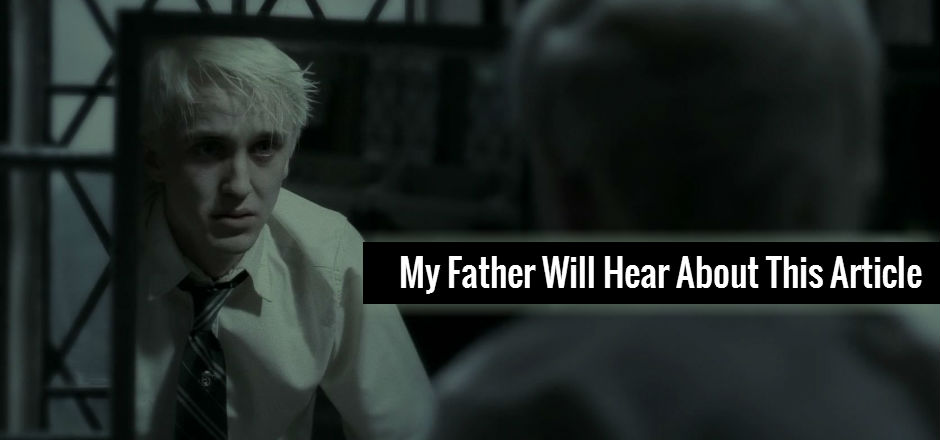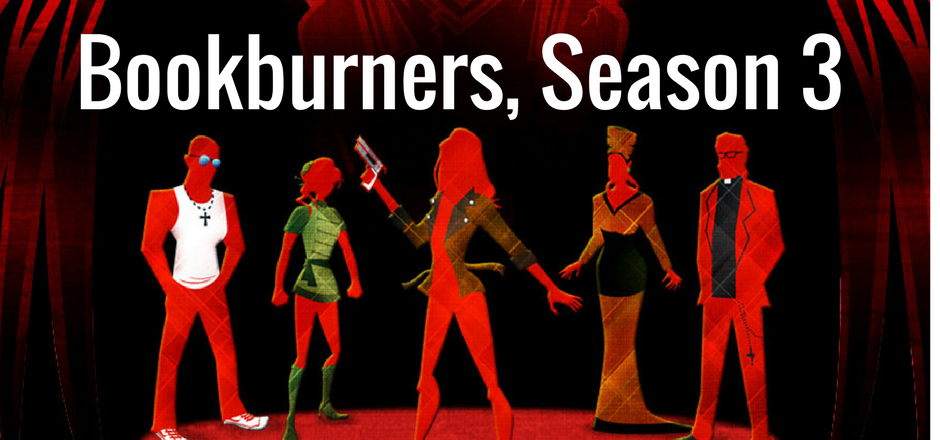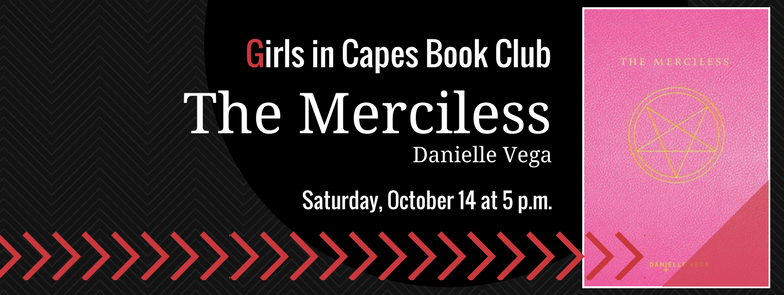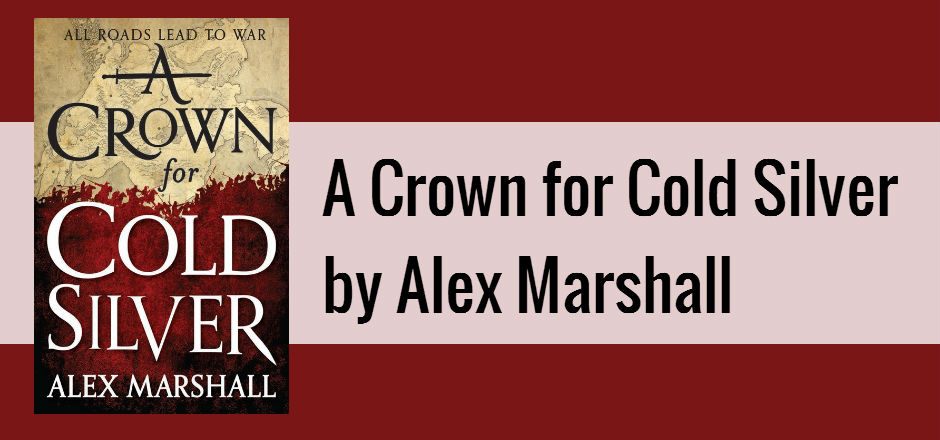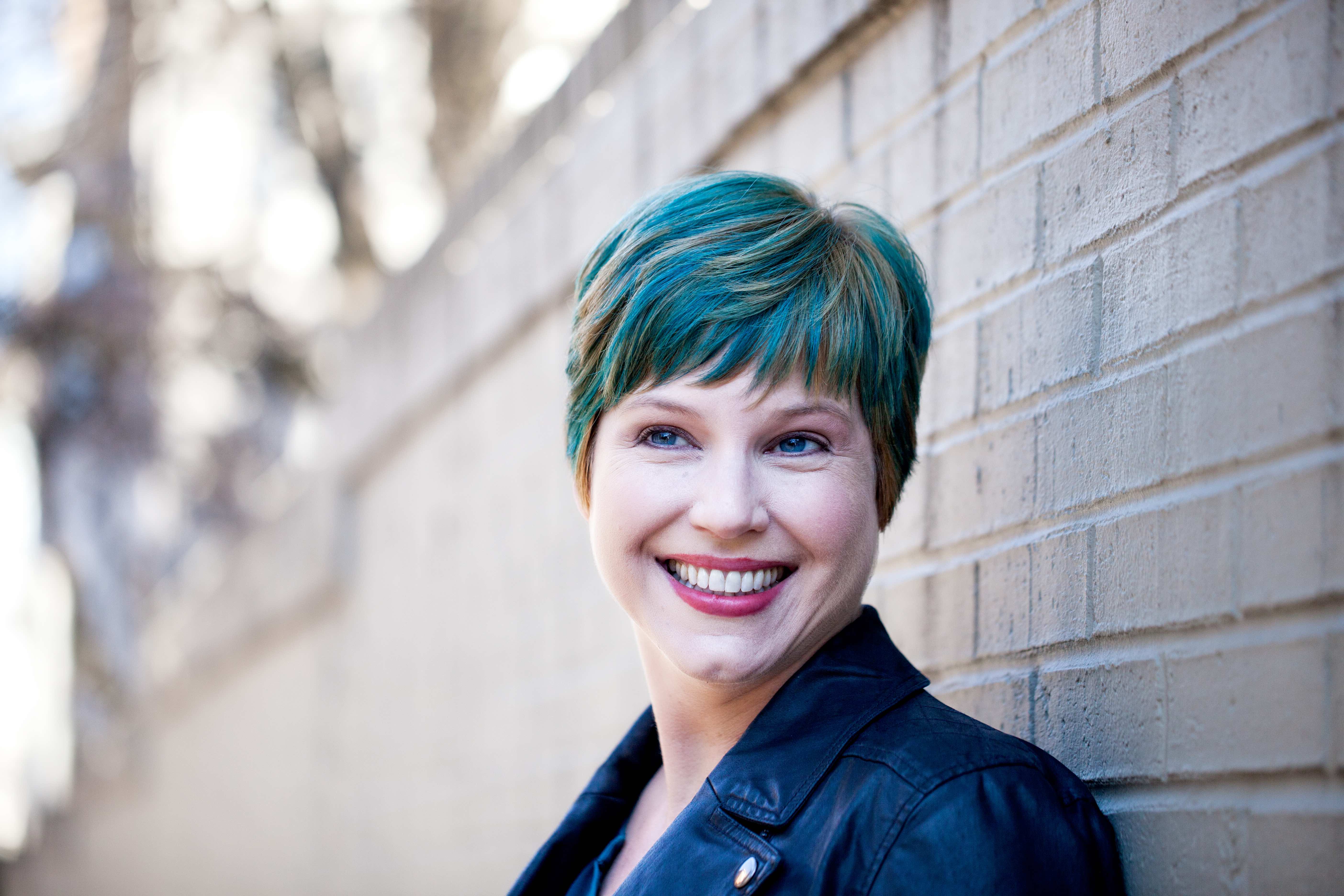Nobody likes Draco Malfoy. And you’re not supposed to – from the first, readers can see he’s snotty, bigoted, and rude. Even if you do believe ‘affluenza’ is a real thing now, Malfoy can’t even use that excuse because he clearly takes too much pleasure in being a bully. He knows he’s being awful, and he loves that he can get away with it.
In the first few books, Malfoy is the perfect foil for Harry. Not only rich and privileged where Harry grew up poor and abused, he was raised in a well-established wizarding family and knows more about being part of the magical community at age eleven than Harry ever will. Harry never stops learning about the wizarding world because, despite his famous parents, he grew up as an outsider. Malfoy, on the other hand, has always fit in.
His behavior in the early books is pretty inexcusable. He’s comfortable in his wealth and enjoys favoritism from Professor Snape and the admiration of other Slytherins, but he still acts like a total pissant. He wants to prove to everyone that he’s better than Harry, but doesn’t really have the knowledge or skills to back it up. And when things don’t go his way, he’s quick to whine that his father will use his influence to punish whoever didn’t do what he wanted.
Just look at that smug face.
However, in the sixth and seventh books, Malfoy becomes one of the most despairing and tragic characters in the series. He gets somewhat overlooked, because what is his sadness compared to the deaths of characters we actually like, like Lupin or Fred or Hedwig? You could even argue that Malfoy got his comeuppance.
But if you look at it from his point of view, he has a downfall of Roman proportions. I think Malfoy deserves our grudging pity.
Near the end of Order of the Phoenix, he’s riding high. He’s the chief member of Umbridge’s Inquisitorial Squad and has way too much power over the other students. His father is Voldemort’s right hand man, and everything seems to be coming up Death Eaters.
But then his father fails Voldemort spectacularly. Malfoy is faced not only with the embarrassment and disillusion of seeing his father disgraced, but the real fear that his mistake could destroy their entire family.
At the beginning of The Half-Blood Prince, Malfoy has become a Death Eater, which he has probably wanted as much as Harry has always wanted to be an Auror. Not necessarily because he believes in their doctrine, but because he knows how much it would please his father. This appointment is tainted by the pressure of being the one chosen to redeem his family or face the consequences.
[blocktext align=”right”]Malfoy is faced not only with the embarrassment and disillusion of seeing his father disgraced, but the real fear that his mistake could destroy their entire family.[/blocktext]And the task given to him by Voldemort – to kill Dumbledore – is crushingly impossible. Malfoy has never been a great student – the books offer no reason to believe he’s particularly good or bad in class. He’s not stupid by any means, but Dumbledore is the greatest wizard in the world.
For all his talk about his allegiance to Voldemort and his flippant use of the word ‘mudblood,’ Malfoy is still a child. He has a lot of swagger, but that’s mostly from a very deep desire for attention and approbation. Malfoy can’t stand feeling like he’s somehow less than anyone else, so he does whatever he can to make others feel subordinate. And I’m not saying that’s acceptable behavior, but it derives from insecurity, not evil.
And even though he would never admit it, he probably has a lot of love and gratitude for Dumbledore. He loves being at Hogwarts as much as Harry does, and Dumbledore is a beloved figurehead to all his students.
Malfoy is also not particularly violent. He talks a big game, but has no stomach for pain, and doesn’t go anywhere without his friends/yes-men/bodyguards Crabbe and Goyle. I think the idea of killing anyone – much less Dumbledore – is repellent to him.
[blocktext align=”left”]For all his talk about his allegiance to Voldemort and his flippant use of the word ‘mudblood,’ Malfoy is still a child.[/blocktext]When we reach The Deathly Hallows, he’s being pulled in several different directions emotionally. This teenager has never wanted for anything, and he’s being asked to deal with fear of death, fear of his family being murdered, to participate in enacting a genocide – all while knowing that, at his core, he’s a coward.
By the end of the series, I still didn’t like Draco Malfoy. His actions in the Room of Requirement during the Battle of Hogwarts killed one of his best friends and brought Harry, Hermione, and Ron close to death as well. And let’s be honest, you’re supposed to care about them way more. But his desire to find Harry at that point is so desperate and misguided, it’s obviously his last attempt to turn his world back right side up.
He already had the chance to serve Harry up to the Death Eaters and he didn’t. I don’t think he’s motivated by virulent hatred. He’s a kid who wants to protect his parents.
Things turn out all right for Malfoy. His tragic arc diverts from the classics in that we know he’s married and has a son, and for all intents and purposes seems to be living well. But he faced profound trauma. Maybe not as much as Harry, but every child who was part of the Battle of Hogwarts has to live with what they witnessed. And Malfoy has to live knowing that his actions caused a lot of the terrible things that happened that day.
And that’s pretty sad. I still don’t care about him as much as Harry or Ron, and certainly not Hermione. In fact, I’ll never forgive Malfoy for calling her the ‘m’ word. But after viewing the story through his eyes, I feel sorry for him.
—
Laura Jewell writes for Girls in Capes and has a BA in Theatre from Miami University. She currently lives in Chicago and enjoys many fandoms, including her favorites Harry Potter and Doctor Who. Her favorite weekend pastime is curling up with a book and her fifteen-pound orange cat, Orange Cat.
She previously wrote about why Malfoy might not have been quite such a little shit when she discussed the Hogwarts Houses as nature versus nurture. Laura’s first piece for Girls in Capes was about the greatness of Hermione Granger.
Interested in more on Harry Potter? Read about how the series handles the concept of the greater good or check out this appreciative post on Luna and Hermione.
